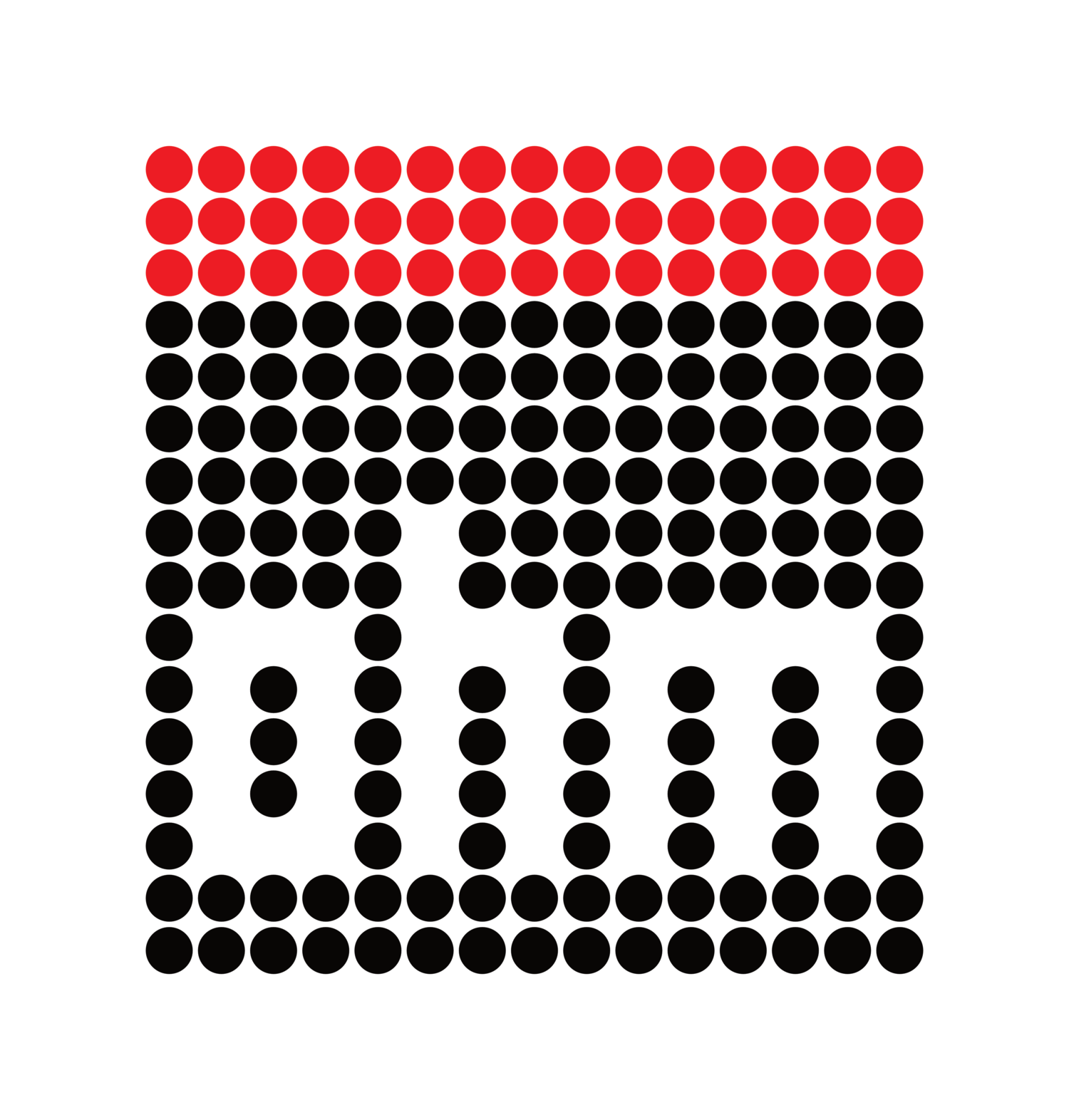Frank's comparison is helpful in sifting the plusses and minuses of each RAW developer as it pertains to studio shooting.
“Lightroom is awesome for keeping my catalogue, creating smart albums, books, printing etc. it’s in my opinion not beat by DxO and Capture One in that aspect, so without ANY doubt I would choose Lightroom for this purpose.
DxO is awesome for noise reduction, optical corrections with a click, adjustments via the autosettings, integration with filmpack and user styles are also very very good and the end results are just a big step above Lightroom, plus with the newest version the integration with Lightroom is almost seamless so you can now actually stay within Lightroom but still use DxO optics, a HUGE plus for the people that need speed but also want a big step up from Lightrooms processing power.
It seems that Capture One as a standalone (no integration with Lightroom) has the worst chance right?
Well not quite and this might surprise you, Capture One is actually my number one convertor at the moment, and I do LOVE optics 9.5 from DxO but with model photography it just can’t beat some of the things I have with Capture One, in the end it all boils down to a few things I have in Capture One that I don’t have in DxO or Lightroom and that make my life a LOT easier and editing a LOT faster.”
Full article: Which RAW software DxO vs Capture One vs Lr

